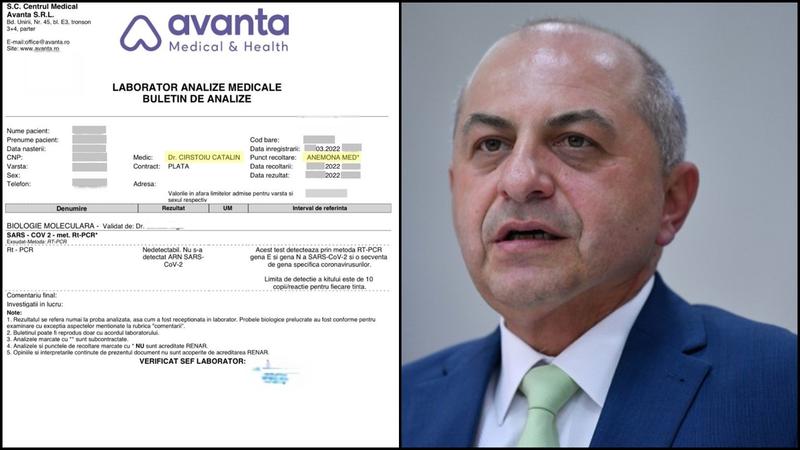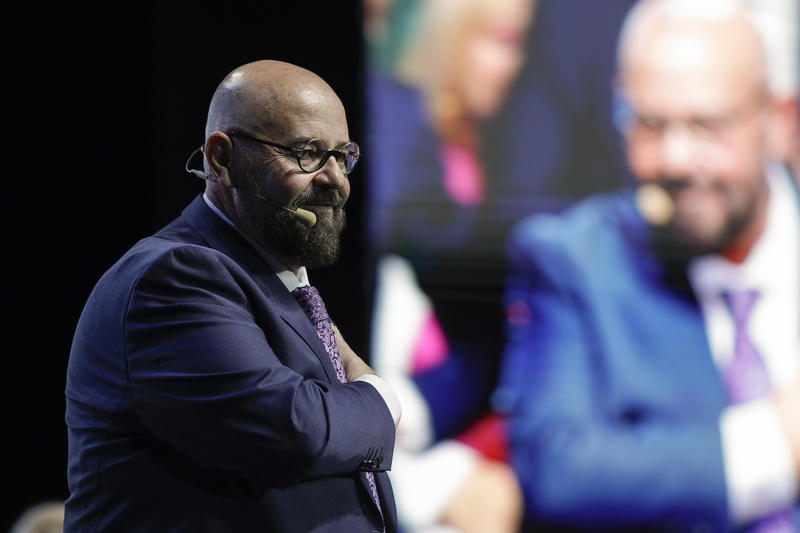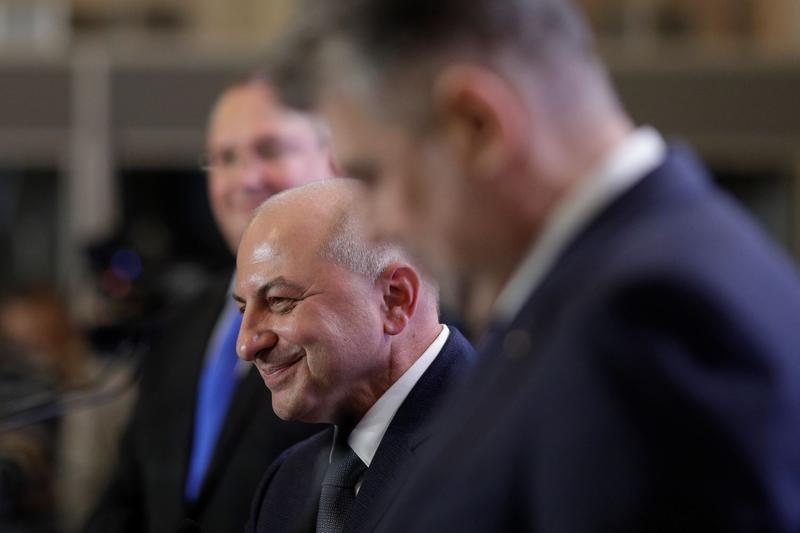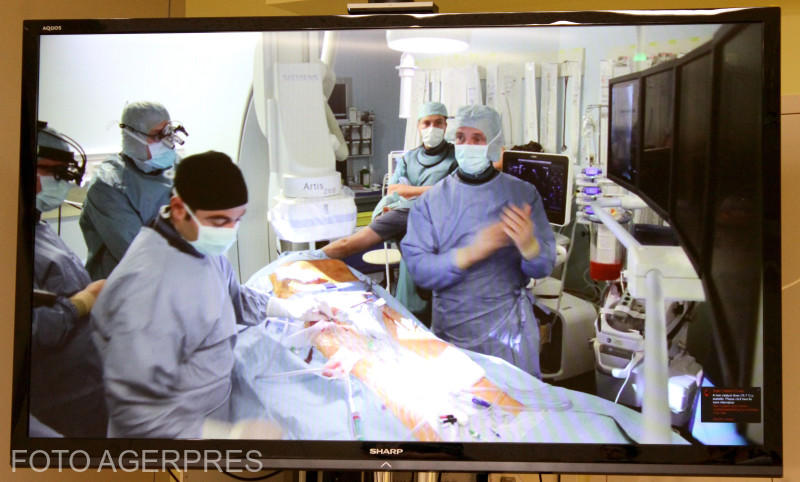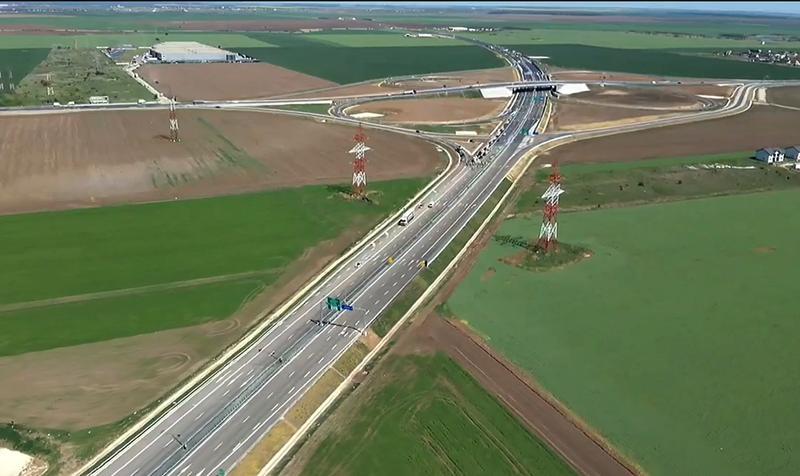European Commission experts will visit both Romania and Bulgaria again next week to analyze all measures taken in the justice sector in order to set up reports on the progress in the sector, which are scheduled for July, EC spokesperson Mark Gray declared for HotNews.ro. However, more and more voices in Brussels consider that the Union's 2007 enlargement was premature.
According to Radio Free Europe, a preliminary EC report in April shows that Romania's problems in justice and agriculture are so serious, that EC officials consider activating the safeguarding clause.
Nonetheless, Gray declared for HotNews.ro that there was not a preliminary report and Commissioners did not even start the report. He added that Romania's government was keeping the Commission up to date with changes. Moreover, he said that an expert team would visit Bucharest next week and only afterwards would they start writing the report due ion July.
Irrespective of where the information comes from, one thing is clear: Brussels officials are disappointed by the lack of improvements in the two countries. Mike Emerson, who heads the Center of European Politics, a think tank in Brussels, said that there was a general disappointment at the level of the European Council. He said that the two countries joined too early and a couple of years of supervision would have had better results.
The European Commission seeks the lack of progress in the justice field at least problematic. Officials argue that investigations take years and no results can be counted. On the other hand, EC spokesperson Mark Gray assures that the Commission did not regret that the two countries joined the EU.
He added that Romania played an important role in the European Union decision-making process. He pointed out that specific measures need to be taken in the justice sector, since institutions lag behind.
Reuters quotes European diplomats saying that Romania joined the European structures too early. The main reason is that after a country joins the EU, the Commission's powers to impose reforms is less powerful than in the monitoring stage.
Center for European Reform specialist, Katinka Barysch declared that the European Union learned an important lesson: reforms need to be implemented before a country receives EU membership otherwise change is unlikely to happen.

